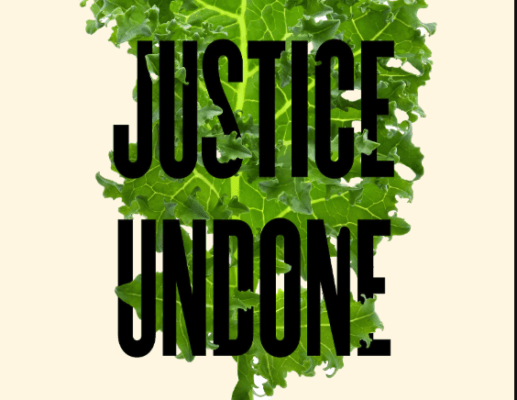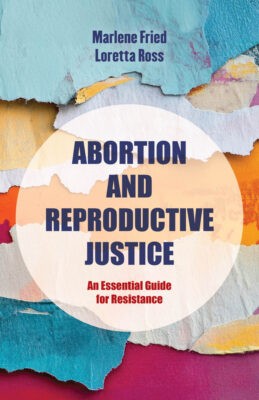Loading
278 Results

What Food Justice Gets Wrong and How to Build a Better Movement
Feb 03 2026
Author Hanna Garth set out to document a radical, grassroots movement of residents fighting for food justice — but encountered a very different reality.
Read More
Imagining a Future Built on Abolition and Queer Justice
Nov 06 2025
How to fight for queer justice in a time of continued criminalization and targeted attacks on queer communities.
Read More
Traumatic Brain Injury is Much Bigger than a Sports “Concussion Crisis”
Sep 24 2025
Authors Kathryn Henne and Matt Ventresca explain the larger story of inequality behind today's concussion crisis—and why many more people experience brain injury without the same attention afforded athletes.
Read More
How Immigrant Workers Hold Up the Food System
Sep 23 2025
Authors Laura-Anne Minkoff-Zern and Teresa Mares on why there can be no quality or sustainable food for consumers if frontline immigrant workers are not treated with dignity and justice.
Read More
Q&A with Olivier Alexandre, author of “Tech”
Sep 02 2025
Author Olivier Alexandre on writing “a slow study of a fast-moving industry” and the future of Silicon Valley.
Read More
A Sad Prediction Born Out by Events
Aug 13 2025
Twenty-two years ago, author James Ron published a book that predicted much of what we see today in Gaza. He reflects on what the book got right and wrong, in the wake of current events.
Read More
Reproductive Freedom and Bodily Autonomy for All
Aug 08 2025
Marlene Fried and Loretta Ross on writing a history of abortion politics through a reproductive justice framework.
Read More
Q&A with Carol Mason, author of "From the Clinics to the Capitol"
Aug 07 2025
Author Carol Mason giving historical contexts for today's political rhetoric
Read More
Q&A with Isak Ladegaard, author of “Open Secrecy”
Aug 05 2025
Author Isak Ladegaard on how large, shadowy groups undermine state control and present new capacities for collective action.
Read More
Is There a Way to Fight Back?
Aug 05 2025
Author John Chalcraft discusses a new theory of popular mobilization, helping us to fight for an alternative to the multiple crises of the present—from authoritarianism to genocide.
Read More


